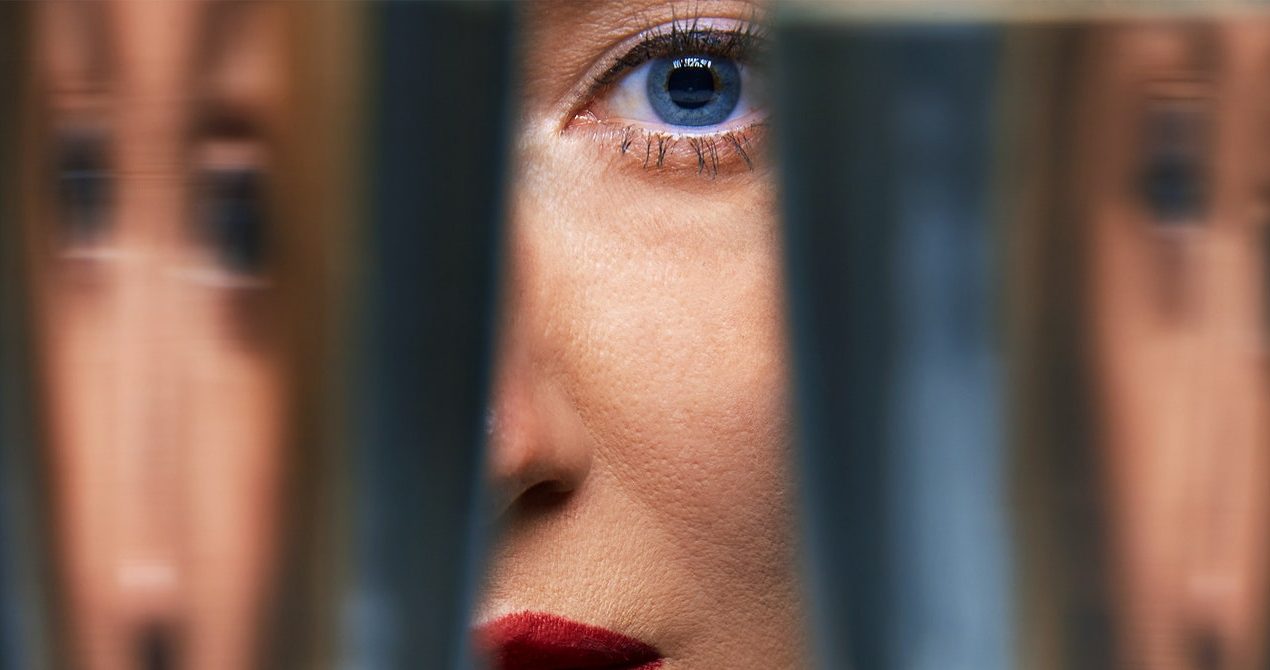At first it looked unbelievable, but Henry Kissinger had died. At 100 years old, news outlets—and the world—had been preparing for the passing of President Nixon’s secretary of state for a while. Still, when people were finding out via emoji-filled chain texts, it seemed unreal. Everything does now. Deepfakes, the metaverse, Elon Musk telling advertisers to fuck themselves at a time when X could probably use the money. Even intelligence is artificial.
Perhaps this is why there is a premium on genuineness these days. On the real deal. Monday, Merriam-Webster announced its word of the year: authentic. Like Spotify Wrapped, the announcement is something of an internet holiday. And like Wrapped, 2023’s word has ties to Taylor Swift, who is Spotify’s most-streamed artist and someone fans find to be genuine. Beyond Swift, searches for “authentic” were up on M-W “driven by stories and conversations about AI, celebrity culture, identity, and social media.”
That last one is tricky. While social media has, now more than ever, become a nucleus of disinformation and misinformation, it’s also become a de facto news source. New research from the think tank Pew notes that news consumption on social media is on the rise in the US; 43 percent of TikTok users, for example, now say they get their news from the app, up from 22 percent in 2020. Nothing particularly surprising lurks in these facts—until you remember that if members of Gen Z (and younger) rely on creators for their information, they’re easier to mislead. Remember the (not authentic) death of Lil Tay?
Hand-wringing about truth and “fake news” is as old as the 2016 US election, but as a new presidential election looms in America—another one in which Donald Trump seeks office—these discussions are only going to heat up. New York Republican George Santos faces expulsion from Congress following an indictment alleging he made false statements. Musk, who controls one of the largest social media platforms, is giving QAnon conspiracy theorists hope, and it’s not even 2024 yet.
What’s worse, AI wasn’t nearly as capable in 2016 as it is now. Deepfake videos of then US presidential candidate Joe Biden slipped through Meta’s fingers in 2020, but now that scores of generative AI tools are available to almost anyone with an internet connection, 2024 already feels like it’ll be awash in manipulated text and images—photo ops that never happened, fake celebrity endorsements. You’d hope that increased awareness of AI has led people, simultaneously, to develop good bullshit detectors, but that’s the problem with AI—as soon as anyone learns of its potential, it’s already two steps ahead.
Moore’s law, as you may have heard, is dead. Nvidia cofounder Jensen Huang made that pronouncement this time last year. A few months later, the world found out that OpenAI trained ChatGPT on an Nvidia supercomputer; this week, the same day Merriam-Webster announced authentic was the word of the year, The New Yorker declared that Huang’s company was “powering the AI revolution.” A year from now, his chips may be generating new “Taylor Swift” videos, or “Tom Hanks” movies, and the US electorate will have decided what truth it wants to live in. Twelve months is a long time, but that future feels artificially soon.
Source




